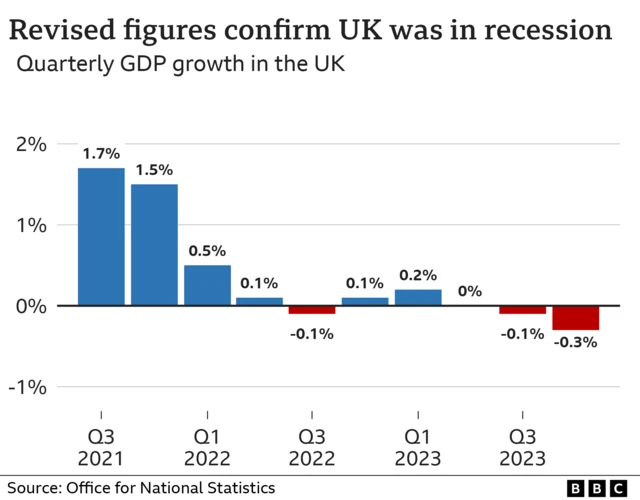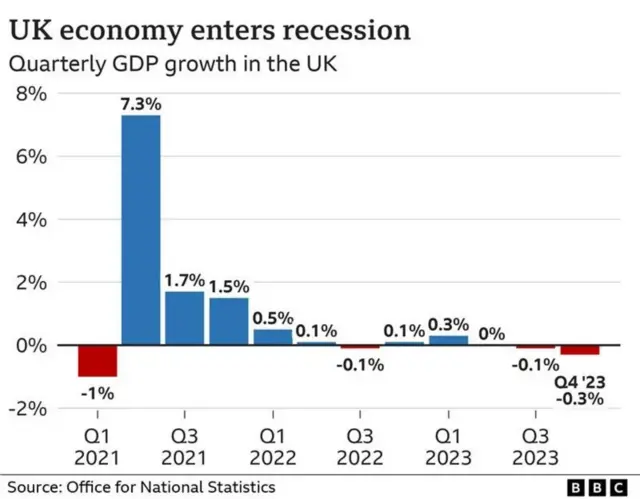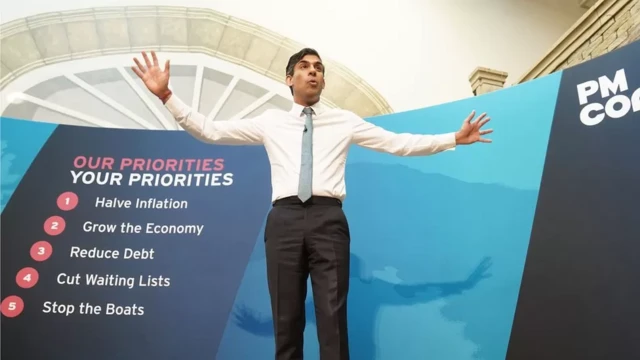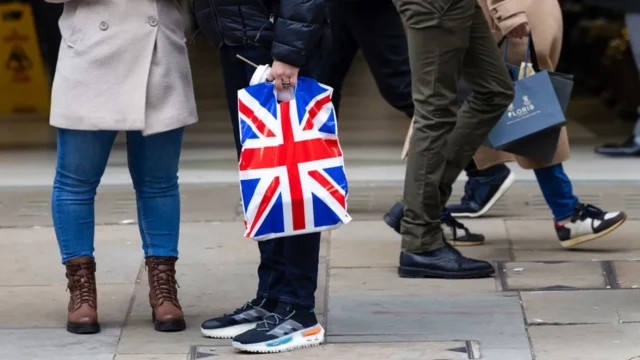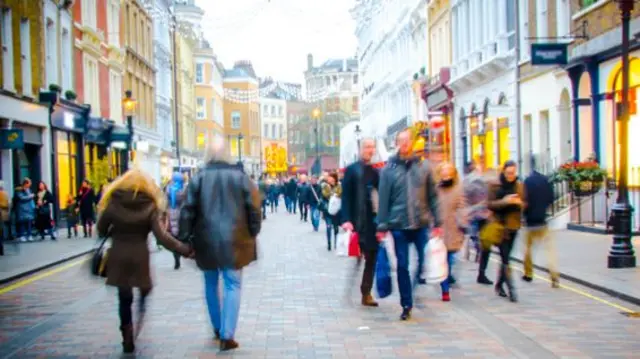Recession confirmed but early signs of some recoverypublished at 08:55 GMT 28 March 2024
We are closing our live coverage now - thanks for joining us.
Here's a quick summary of what we've learned this morning:
- Revised GDP data from the Office for National Statistics (ONS) confirmed the UK entered a technical recession in the final six months of last year
- The figures showed that, as initially thought, the economy shrank by 0.1% in the three months between June and August, followed by a further 0.3% decline in the next financial quarter (between September and December)
- But it's important to note the overall economy did grow by 0.1% across the whole of 2023
- There are also early indications the UK began an early recovery in January - with initial data showing some growth, and surveys indicating this may have continued in February and March
- Chancellor Jeremy Hunt says the figures show the government's plan is working and the Tories have got the economy "back on track".
- Labour's shadow chancellor, Rachel Reeves, says the data shows the exact opposite and the government cannot claim "they have turned the corner on more than 14 years of economic failure"


